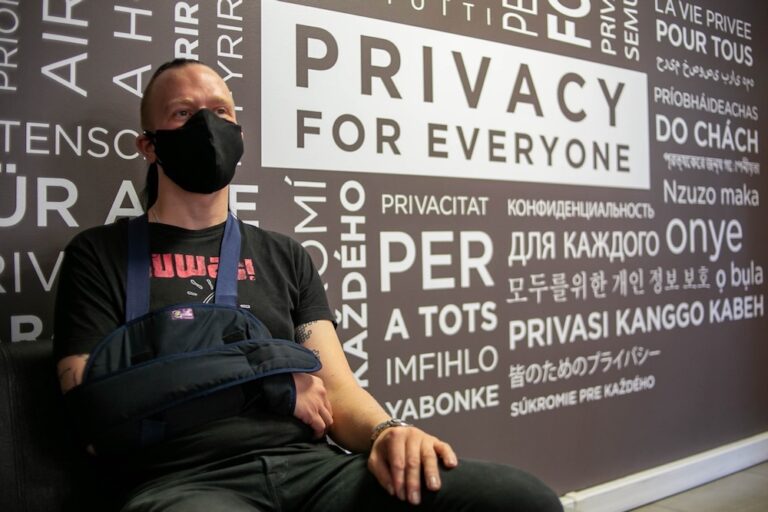On 30 May 2009, President Rafael Correa threatened to resort to the judiciary to "finish" those media outlets which he believes are "corrupt".
(IPYS/IFEX) – On 30 May 2009, President Rafael Correa threatened to resort to the judiciary to “finish” those media outlets which he believes are “corrupt”. He was referring to a report broadcast by Teleamazonas about hydrocarbon exploration run by the Venezuelan state company PDVSA on Puná island in the Gulf of Guayaquil.
The president accused Teleamazonas of lying and of breaking statute E of article 58 of the chapter on prohibitions of the Broadcasting and Television Law, which forbids the “broadcasting of news based on alleged events that may cause damage or social or public commotion”.
Teleamazonas’s report focused on the impact of gas exploration on Puná island, whose inhabitants are worried by some aspects of this activity. Correa accused the station of inciting the island’s population to reject the project.
The journalist who worked on the report, Carlos Julio Gurumendi, pointed out that he had only gathered information on the citizens’ concerns.
The TV station could be closed down if it is sanctioned in this case and two others that it is facing. The first, from February 2009, was filed after the station broadcast images of Ambato’s Bullfighting Fair; the second, from April, stems from its reports on a case of alleged electoral fraud.
Correa also attacked the newspaper “El Universo” because of an article about construction work that was begun without an environmental license. The president stated the information was false and asked that the newspaper be sanctioned.
IPYS and FUNDAMEDIOS consider both cases to be examples of the constant harassment of the sector of the press that monitors the government’s performance.


